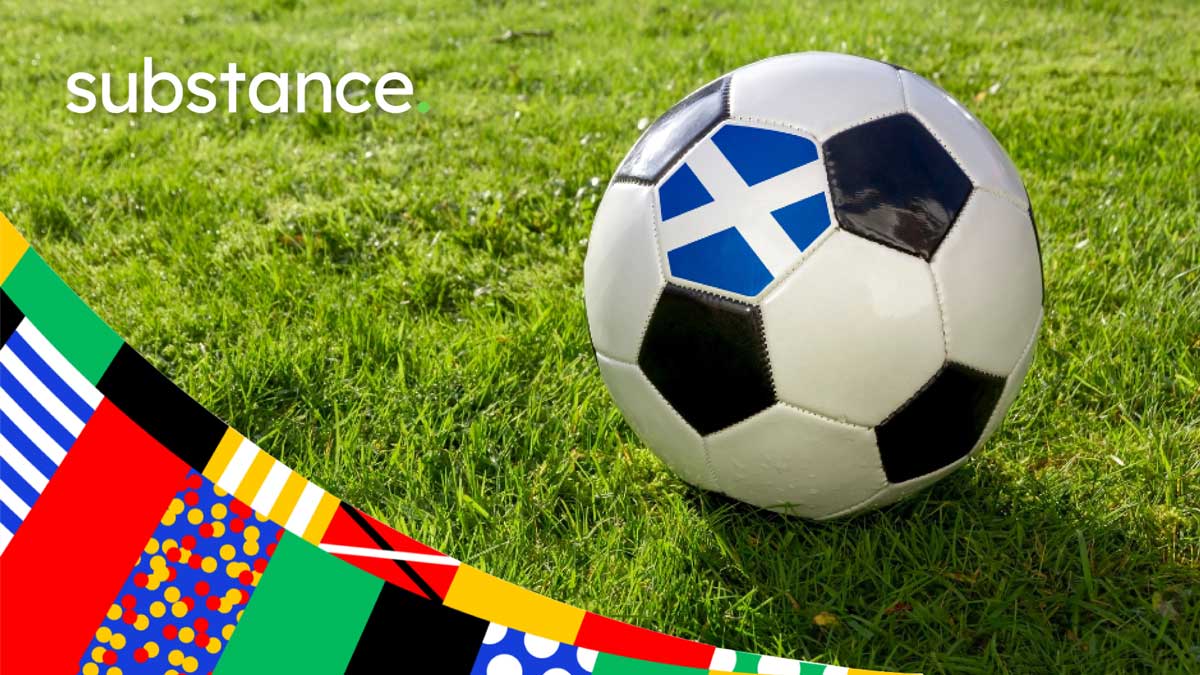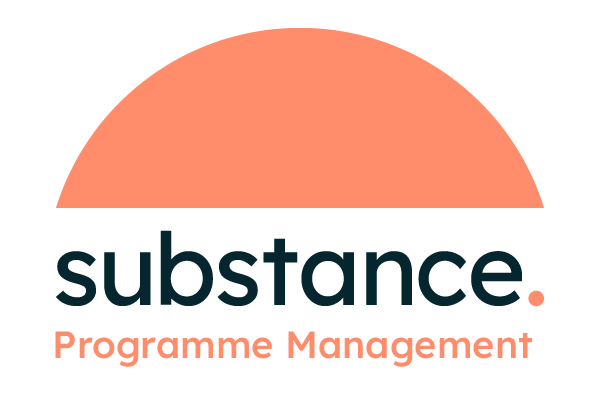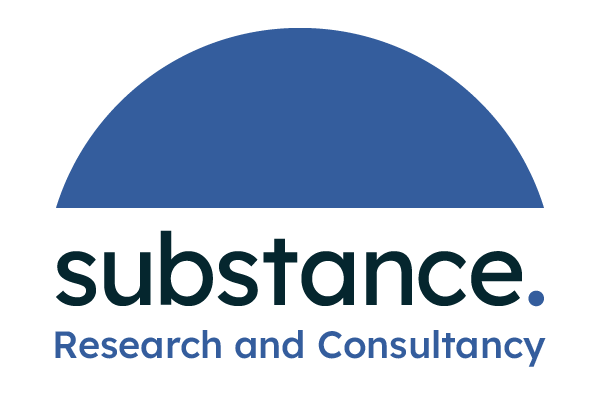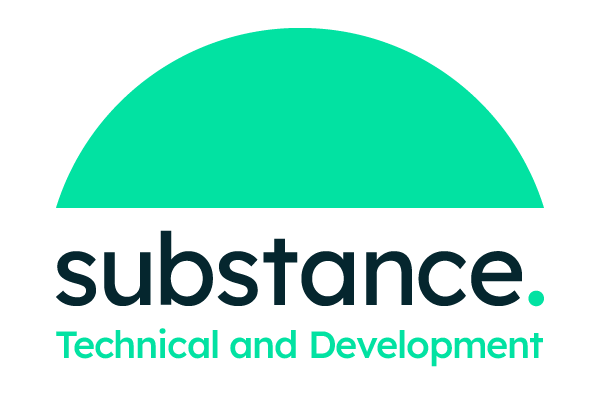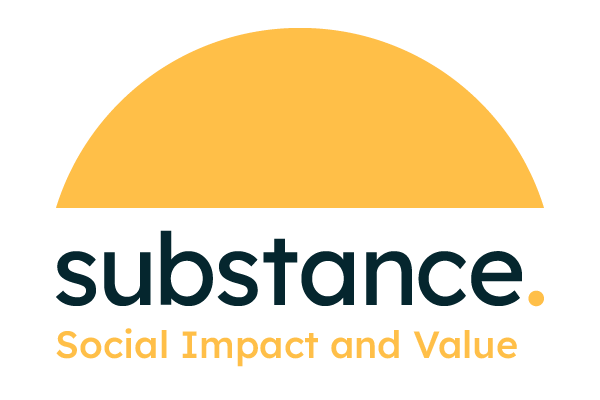In a couple of months’ time three Premier League football teams will be relegated to the Championship. Three of the clubs in danger are supported by Substance staff, my team Newcastle United, Crystal Palace and Stoke City. So, each of us studies the league table religiously and know our own and the other club’s fixtures so we can work out where the points are likely to come from and how many are needed to avoid the drop on or before May 13th. For the record I’m now feeling more confident than both the Palace and Stoke fans in the office!
Football like most sports revel in their simplicity, the team or person that gets the most goals, runs or points ends up as the winner. Competition is seen as healthy, it encourages innovation and those who come out on top are celebrated and acknowledged as being worthy winners.
In the Sport for Development sector there are no league tables but there are still projects and organisations that are celebrated and given awards for their achievements. The Beyond Sport Awards (entries open next week) include categories for Health and Well Being, Peace and Social Justice, Quality Education and Employment. Substance sponsored the Sport and Recreation Alliance Added Social Value Award last year and helped pick a worthy winner, the excellent Ready Steady Active from West Yorkshire. However, it got me wondering if there were points awarded for the most effective practice and better evidence of impact and outcomes achieved, would there be different winners, or would the same organisations still find a way to come out on top?
Of course, it’s far easier to build a league table based on the results of a series of football matches than it is when dealing with enhancements to the life chances of diverse groups of people. But having evaluated projects of this type for over 25 years and with over a decade’s worth of performance data in Views, the team at Substance is increasingly confident in its ability to identify what works and the marginal changes that can improve performance.
My recent blog on benchmarking explained how Millwall Football Club Community Sports Trust were now approaching their work. They wanted to understand where the best practice was across the country and challenged themselves to be at least as good as this, if not better. The Millwall FC Community Trust have a long and rich history of working in south east London. It was the first organisation I visited in the 1980’s when I started in community sport. They were an impressive bunch even then and now with 30 years of experience are well placed to help move the sector along.
We shared the results of our benchmarking exercise with them this week and while only they know the position of each of their projects and the organisation in the ‘League’, it has given them a clear idea of where they need to concentrate their efforts to make their way up the table. I suspect they will be an even better organisation in the next few months, more focused on improving the confidence, resilience and communication skills of their students in the college programme, the well-being of carers at their Walking Sports project, more girls graduating to affiliated football from their open access sessions and more disabled people securing volunteering and work placements.
We believe that when staff get access to information about what constitutes the most effective practice it makes them more competitive and, like professional footballers wearing performance monitoring vests in training, more appreciative of the need to capture and record high quality data to reveal ‘what works’ in addressing the needs of the people they work with. If you want to know which of your projects are fighting relegation or how to challenge for a European place, join us at the ‘Substance Scores’ Webinar. When we get enough interest, we might give out some awards ourselves!
Contact neil.watson@substance.net or sign up to the Webinar on Tuesday April 10th/10am at https://attendee.gotowebinar.com/register/8215782169680308993 now

